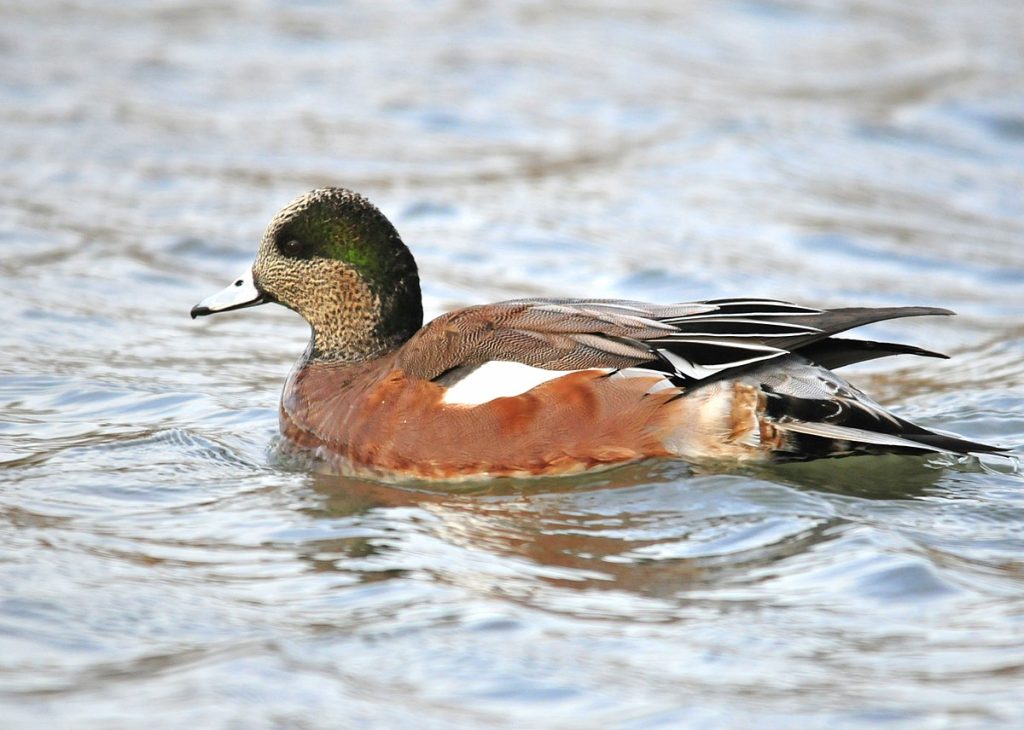NewsDesk @infectiousdiseasenews
The United States Department of Agriculture’s (USDA) Animal and Plant Health Inspection Service (APHIS) has confirmed highly pathogenic Eurasian H5 avian influenza (HPAI) in a wild American wigeon in Colleton County, South Carolina.

Eurasian H5 HPAI has not been detected in a wild bird in the United States since 2016.
The Centers for Disease Control and Prevention considers the risk to the general public from HPAI H5 infections to be low. No human infections with Eurasian H5 viruses have occurred in the United States. As a reminder, the proper handling and cooking of poultry and eggs to an internal temperature of 165˚F kills bacteria and viruses, including HPAI.
Since wild birds can be infected with these viruses without appearing sick, people should minimize direct contact with wild birds by using gloves. If contact occurs, wash your hands with soap and water, and change clothing before having any contact with healthy domestic poultry and birds. Hunters should dress game birds in the field whenever possible and practice good biosecurity to prevent any potential disease spread.
Subscribe to Outbreak News TV on YouTube
Avian influenza (AI) is caused by an influenza type A virus which can infect poultry (such as chickens, turkeys, pheasants, quail, domestic ducks, geese, and guinea fowl) and is carried by free flying waterfowl such as ducks, geese and shorebirds. AI viruses are classified by a combination of two groups of proteins: hemagglutinin or “H” proteins, of which there are 16 (H1–H16), and neuraminidase or “N” proteins, of which there are 9 (N1–N9). Many different combinations of “H” and “N” proteins are possible. Each combination is considered a different subtype and can be further broken down into different strains which circulate within flyways/geographic regions. AI viruses are further classified by their pathogenicity (low or high)—the ability of a particular virus strain to produce disease in domestic chickens.
Germany: Goose dies at Heidelberg Zoo, Infected with H5N1 avian influenza
Pennsylvania: Canada Lynx tests positive for COVID-19 at Pittsburgh Zoo


One thought on “South Carolina: Highly pathogenic Eurasian H5 avian influenza confirmed in wild American wigeon”